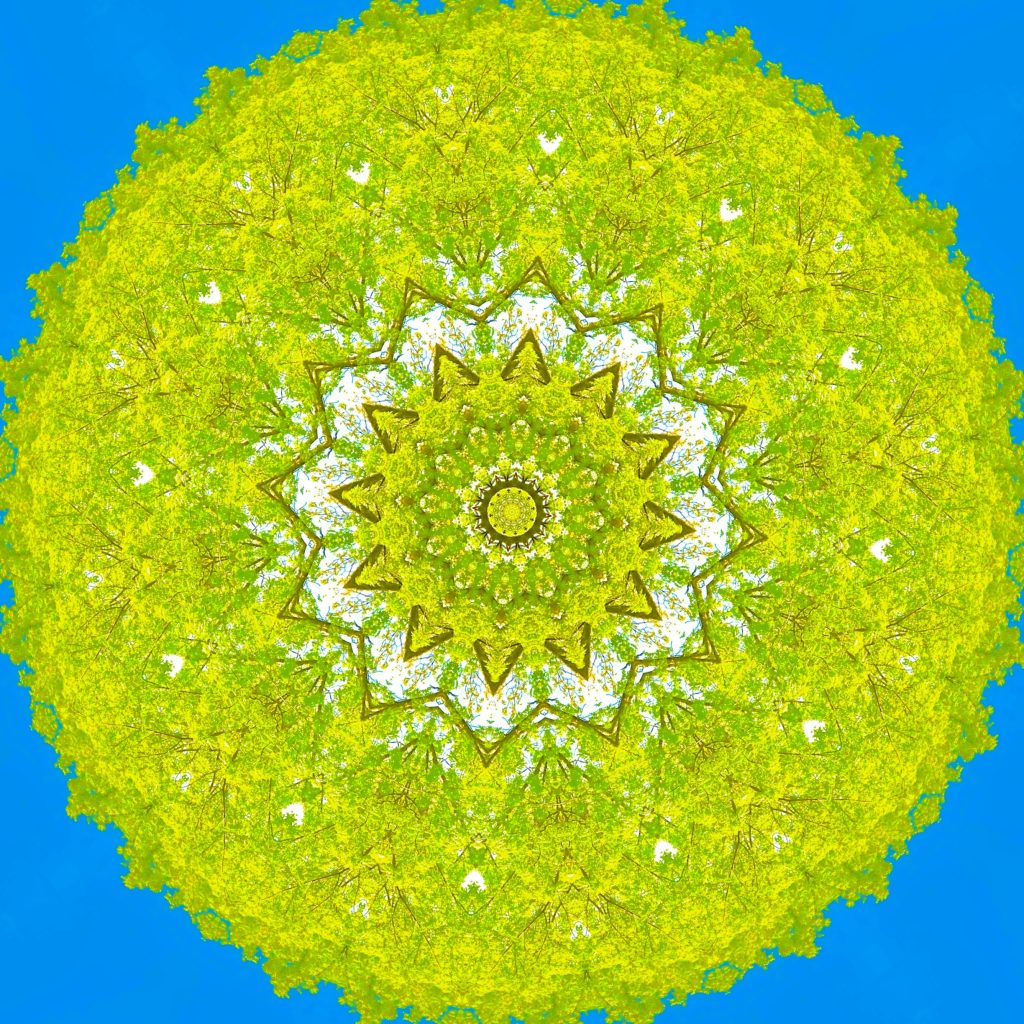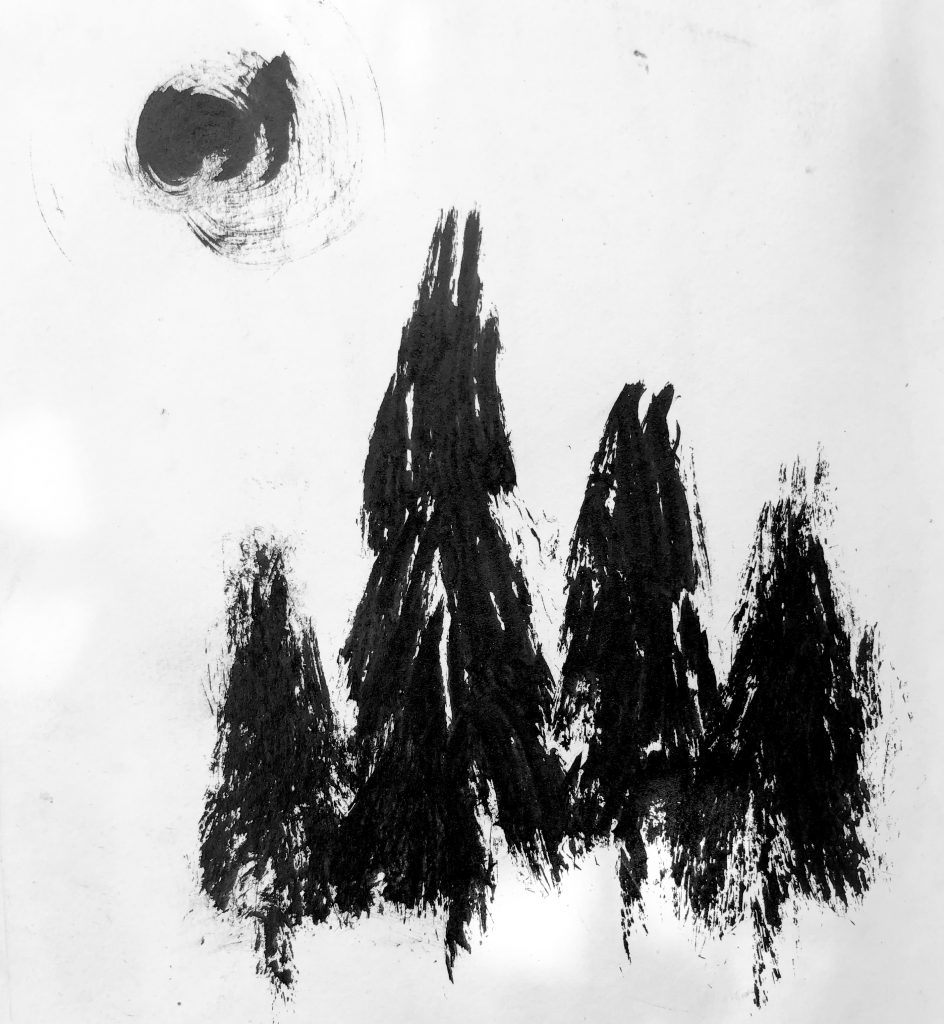Recognize the arising of the intermediate states.
Take sense perception and the nature of the mind as the path.
Practice the divine teaching:
Renounce all attachments and meditate on the spiritual teacher with his consort.

Ideas realized
Recognize the arising of the intermediate states.
Take sense perception and the nature of the mind as the path.
Practice the divine teaching:
Renounce all attachments and meditate on the spiritual teacher with his consort.

Long I sought
Self I thought.
But no self found,
To no self bound.
In thought profound,
Realize,
Desire most innate,
Freedom’s
Prosperity,
Pursuit self liberty.
Actualize refuge practice.


Ask not what to do,
But whom be.
To be or
Not to be.
Grounded in reality,
See the dichotomy,
Mindful dependency.
Ultimately the choice is not what to do but whom be.

What difference between
a dream recalled
Or some memory?
One with more causality?
One more based in reality?
When both, on reflection,
But part same recollection.

